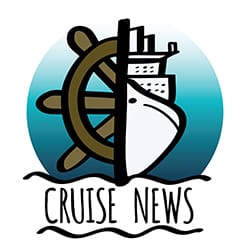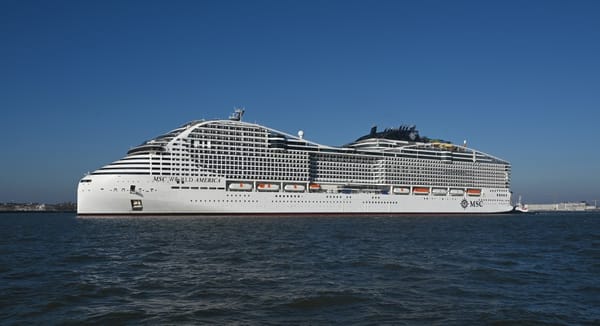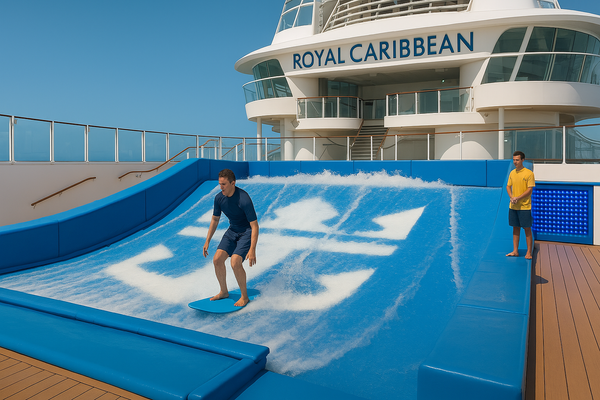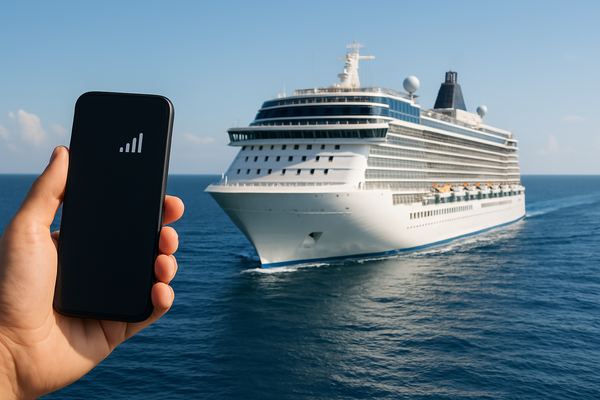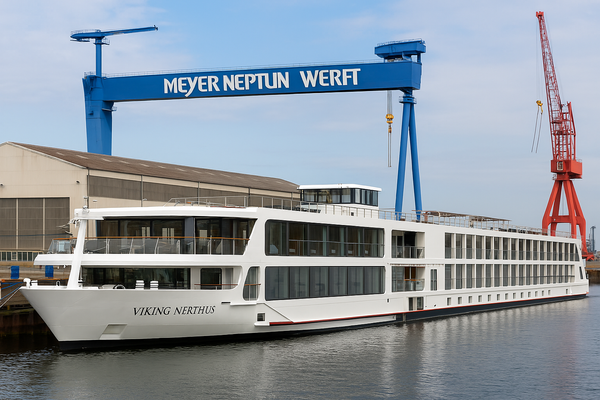Royal Caribbean Launches Free Shuttle to Ease PortMiami Traffic
Royal Caribbean's new free shuttle service aims to smooth operations and enhance experiences by tackling the persistent traffic issues at PortMiami on busy debarkation days.
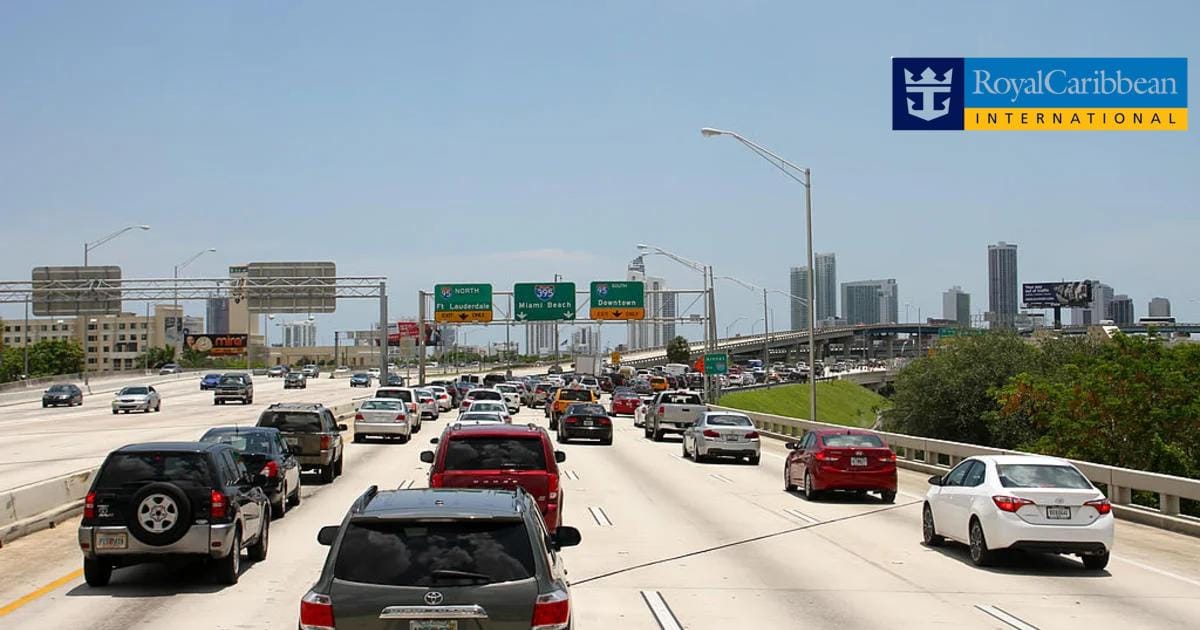
Royal Caribbean has introduced complimentary bus transfers to alleviate traffic concerns at PortMiami, one of the world’s busiest cruise terminals. Passengers on select sailings of the Icon of the Seas and Symphony of the Seas—two of the cruise line’s largest vessels—have been notified via email that paid airport transfers will be refunded and replaced with free shuttle services to Miami International Airport or Fort Lauderdale-Hollywood International Airport. The initiative is part of a broader strategy to reduce traffic congestion and improve passenger experiences on peak debarkation days.
Traffic Congestion at PortMiami: A Growing Challenge
Situated on Dodge Island, between Downtown Miami and South Beach, PortMiami hosts thousands of cruise passengers daily. On days with multiple ships docked, congestion often becomes a significant issue. For example, on March 22, 2025, PortMiami is expected to accommodate over 54,000 passengers with seven ships embarking and debarking simultaneously, including vessels from Virgin Voyages, Norwegian Cruise Line, MSC Cruises, Carnival Cruise Line, and Royal Caribbean.
Record-breaking traffic has become a recurring concern. On certain occasions, such as March 30, 2025, nine ships will be docked, and as many as 76,000 travelers may pass through the terminal. This congestion is often exacerbated by nearby events like music festivals and marathons, creating additional road closures and crowding.
Royal Caribbean’s Proactive Measures
The complimentary shuttle service reflects Royal Caribbean’s aim to streamline passenger flow during peak travel days. Guests who had pre-purchased transfers directly through the cruise line are automatically rebooked onto the free shuttle, while refunds are processed back to their original form of payment. Passengers who did not book a transfer can still access the complimentary service by reserving a spot via their Cruise Planner account, although availability is limited on a first-come, first-served basis.
An email sent to passengers explained the reasoning behind the initiative: “Since we’re expecting heavier traffic than usual on debarkation day, we’re now offering complimentary transfers... We hope this service ensures smoother travel to nearby airports.” Royal Caribbean also encourages passengers to utilize its Self-Assist Departure option, where guests carry off their luggage for quicker clearance through customs and immigration.
Industry and Passenger Reactions
The move has been met with mixed reactions by cruise passengers. Many praise the effort to address long-standing issues, while others voice frustration over Miami’s persistent traffic woes. Viral social media posts highlight crowds and gridlock on peak debarkation days, underscoring the challenges faced by travelers navigating PortMiami.
One passenger said, “Traffic just gets worse and worse each time I sail from there. The port is in desperate need of traffic flow improvements!” Others suggest solutions such as booking rideshares in advance or using private car services to avoid day-of cancellations and long waits.
While Royal Caribbean’s measures are helpful, industry experts advocate for broader infrastructure improvements at PortMiami to address underlying traffic problems. Suggestions include dedicated roads for cruise terminals or expanded use of technology for traffic management.
The Broader Impact on Cruise Operations
PortMiami’s congestion doesn’t only affect passengers but also poses logistical challenges to cruise operators seeking to streamline turnaround times between sailings. Cruise lines are under increasing pressure to maintain schedules, particularly on peak travel days with multiple large ships in port.
Royal Caribbean’s offer of free airport transfers may serve as a template for other cruise lines looking to alleviate passenger concerns. However, significant long-term improvements to port infrastructure will likely require collaboration between cruise companies, port authorities, and local governments.
As traffic challenges continue to impact travel experiences, Royal Caribbean’s shuttle service initiative highlights proactive efforts to address passenger pain points. Amid rising cruise tourism, the focus on smoother logistics and enhanced customer service underscores the importance of adaptability in one of the world’s busiest cruise markets.
What is Royal Caribbean’s complimentary transfer initiative?
The cruise line now offers free airport shuttle services to passengers on select sailings from PortMiami to alleviate traffic congestion on debarkation days. Refunds are issued for pre-booked transfers, and the complimentary bus service is rebooked automatically.
Which ships are currently part of this initiative?
Icon of the Seas and Symphony of the Seas are offering complimentary airport transfers to passengers traveling on peak traffic days. The service is limited to specific sailings, announced ahead of embarkation.
Why is PortMiami prone to heavy traffic congestion?
PortMiami frequently accommodates multiple cruise ships simultaneously, leading to significant congestion, especially on peak days. Its location on Dodge Island, near downtown Miami, adds further challenges due to limited access roads shared by several terminals.
Are other cruise lines offering similar services?
As of now, Royal Caribbean is one of the few cruise lines actively offering complimentary airport transfers to mitigate traffic issues. Other cruise operators may offer paid transportation services, but standard efforts focus on improving debarkation efficiency.
How can passengers plan for busy travel days at PortMiami?
To minimize delays, travelers can pre-arrange rideshares, opt for private car services, or use cruise-sponsored transportation. Reviewing the port’s schedule in advance helps passengers anticipate traffic levels based on the number of ships docking that day.
